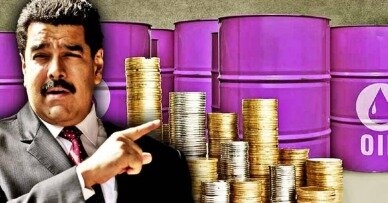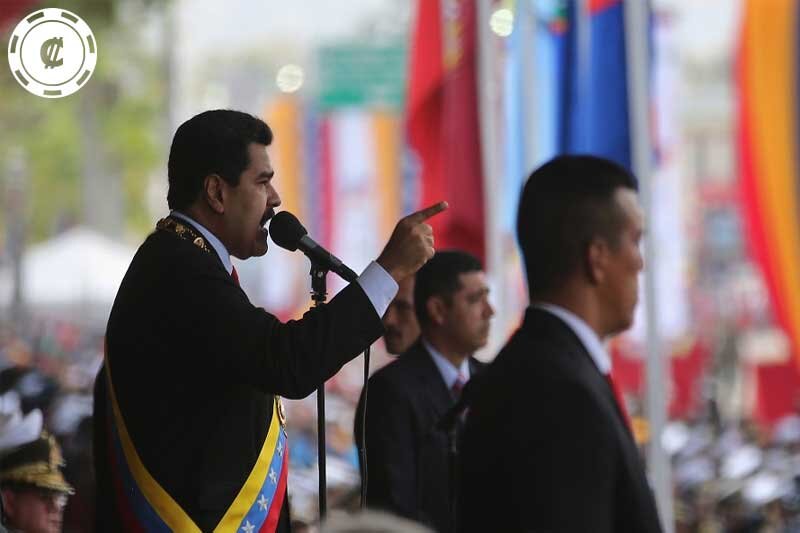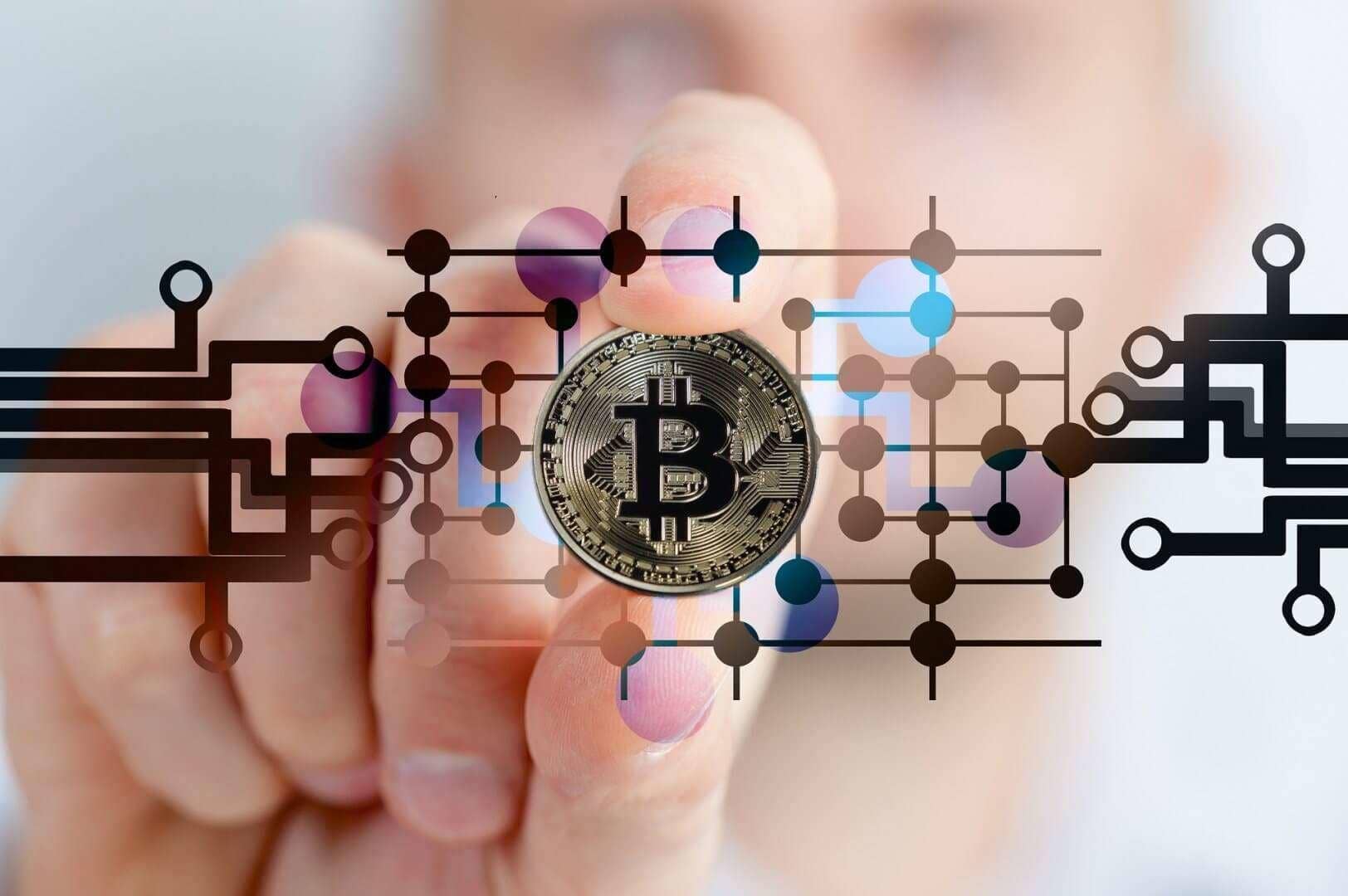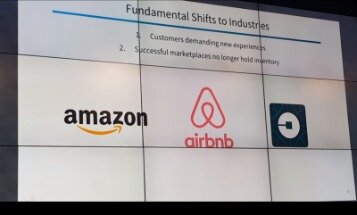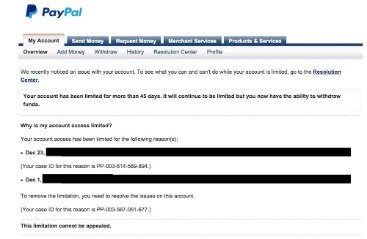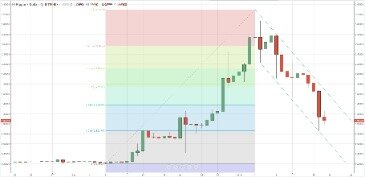A New Cryptocurrency Won’t Solve Venezuela’s Economic Crisis
Content
In this type of coins, the volatility risk of a single cryptocurrency is reduced and distributed in a group of cryptocurrencies. The Stable Coins are over-collateralized to withstand the extreme price fluctuations. In theory, this makes Stable Coins ideal and usable as a store of value and a basic medium of exchange. They provide cryptocurrency traders and investors with an easy and simple way to keep value without losing to price swings. In doing so, digital coins may become far more practical for everyday use, and it may encourage global adoption.
To get around this, petro was designed to be backed by the country’s reserves of oil, gas, gold and diamonds, however it has been widely discredited. “I want the country to recover and I have the formula. Trust me,” Maduro said on state television on Friday. “They’ve dollarized our prices. I am petrolising salaries and petrolising prices. “Today, a cryptocurrency is being born that can take on Superman,” he boasted. An initial coin offering will soon follow in a month’s time, creating the word’s first Ethereum-based sovereign cryptocurrency.
But the token does have a chance to cause some ripples in the wider markets if it reaches a global audience. The initial pre-sale of the token offered it in exchange for hard currencies and other virtual tokens – but not the embattled Venezuelan bolivar. The token is now backed by Venezuela’s only commodity which still functions on the international arena – barrels of oil. “In our view, if Petro goes ahead and the Venezuelan government manages to raise a considerable amount from investors, this could bring more international scrutiny from regulators. The President added it will be a “very busy” day for the government as they will be working on forging strategic alliances.
A Bit Like Bitcoin
Over 40 percent of purchases of Ethereum had been made using bitcoin. The Petro, which is allegedly backed by oil, is Maduro’s attempt to stabilise the beleaguered Venezuelan economy. However, many economists have criticised the scheme, calling it unsustainable. This has declined slightly in the past day, but some media sources are reporting prices of over $1,500 higher than the current spot price. Volume on peer-to-peer exchange and Bitcoin marketplace LocalBitcoins has skyrocketed from just over 13 billion VEF this time last year to 360 billion VEF last week.
In Venezuela, fintech, and more specifically cryptocurrency, is increasingly popular. Click here to get the latest Bitcoin rates and start trading. Cryptocurrencies are a highly volatile unregulated investment product. 75% of retail investor accounts lose money when trading CFDs. “During the last 4 years Venezuela has experienced the biggest financial crisis in its history, a situation that has resulted in a devaluation of its national currency, the bolivar,” the petro website says. This will ensure that the buyer always has a return value adjusted to the value of his investment.
It is supposed to be backed by Venezuela’s rich oil reserves, but as with anything backed by the government in Caracas, the petro has failed to take off. Critics say it is another government ruse to circumvent international sanctions. More importantly, the average Venezuelan, more concerned about where their next meal is coming from, just doesn’t know enough about it.
Venezuela Pegs Bolivar To Cryptocurrency To Save Country From Economic Collapse
President Maduro promised nearly 100 million of the tokens will be created, in a similar vein to bitcoin’s limited amount of mine-able coins. Launching for pre-sale today, el Petro is the latest cryptocurrency to descend on the market. In other words, owning one Petro, even if its price is only one-third of what the president claims, could be equal to several months of work. Now, he has announced that he will gift Petro to the country’s doctors amid the coronavirus pandemic. The new move is part of the ‘Doctors of the Homeland’ initiative.
Nicolas Maduro, the president of Venezuela, is back with another program to try and promote his failed coin, Petro. As many may remember, Petro is Venezuela’s national cryptocurrency, launched in February 2018. But, while the president’s plan was for the country to start using the coin instead of bolivar, it never became popular. The country has faced continued hyperinflation in recent times. The coins only rely on market trends to determine value hence more stable. Venezuela has been on the digital currency path for some time.
Each Petro Is Worth Months Of
In the wake of massive national fiat inflation, demand for Bitcoin has soared in Venezuela, with users paying over $700 more for BTC than its market price. For Stable Coins to be accepted as a viable alternative to fiat currencies, however, they must first intersect and integrate into our current financial infrastructure. Cross-border payments and converting cryptocurrency to cash should be made more convenient for users across the world.
While the traditional banking and credit card industry typically hesitate to work with the increased risk associated with sex related products, cryptocurrency like Bitcoin and Ethereum might change that in the future. Since the start of 2018, Bitcoin’s price has crashed several times as a result of several events, including the publication of a recent study into market manipulation.
The petro would help Venezuela “advance in issues of monetary sovereignty, financial transactions and overcome the financial blockade,” he said. Venezuela’s existing currency, the bolívar, is rapidly dropping in value, reducing the monthly minimum wage to just over $4.30 and plunging millions of Venezuelans into poverty. But Venezuelan president Nicolás Mauro thinks that a new digital currency could revive the country from economic collapse and help it sidestep US sanctions. During the latest episode of his weekly TV show Los Domingos con Maduro, the president announced his plans to launch the ‘petro’ – a digital currency somehow backed up by Venezuela’s oil, gas and diamond reserves. One of the main drivers behind the country’s continued decline was the 2014 crash in the price of oil.
Crypto backed coins are considered transparent because transactions are recorded on the public blockchain with full transparency and accountability. They are efficient in the sense that conversion from one crypto to another is quick as it occurs on the blockchain. Asset-based Stable Coins work similarly in cases where the coin is backed by fiat money .
Lloyds Of London Launches Its First Cryptocurrency Insurance Product
The coin is a last ditch attempt to boost a nation where the monthly minimum wage sits at £5, its people lack basic food and medicine, and inflation is set to reach 13,000pc by the end of 2018. But what’s being talked about in places such as India and Sweden isn’t really a new currency, it’s more about moving away from physical cash towards a cashless society.
Retail merchants on the other hand are sceptical of accepting the crypto as a medium for financial transactions. The world’s richest people have been quick to criticize bitcoin, but the technology that supports the digital currency could help the world’s poorest get access to financial services. Backing the petro with a tangible asset like petroleum, in theory, protects it from the wild speculation that caused coins like Bitcoin and Ripple to swing violently, without warning.
- It recently handed out over 1000 new mining permits for increased crypto mining.
- More importantly, the average Venezuelan, more concerned about where their next meal is coming from, just doesn’t know enough about it.
- When the price of oil crashed in 2014 , Venezuela’s economy plunged into a deep recession.
- The fiscal deficit is about 20% of GDP and there is very little economic data coming out of Venezuela that can be trusted or fact-checked.
Cryptocurrencies like bitcoin aren’t issued or regulated by any central authority such as a nation state or a bank. That’s part of what makes them so attractive to criminals – any payments made using bitcoin are processed by a huge network of computer systems, not by any one particular state or payment system. Normal currencies, like the dollar or the euro, are much more closely tied to the economy of the state that issue them. Even cryptocurrency isn’t immune to market volatility, however. Two years ago there was a sort of bitcoin frenzy, triggering wild price fluctuations throughout the market. Cryptocurrencies are an attractive censor-proof tool for remittances, but volatility can make crypto tokens a dangerous medium for transfers and savings. In a country where people’s daily lives are dictated by the value of their currency, the last thing needed is another element of uncertainty.
Stable Coins via blockchain technology can improve the speed and stability of these transfers—particularly in countries where financial infrastructure is still in development. For its part, the CFTC might take the position that Stable Coins are “swaps” under Commodity Exchange Act Section. Under that definition, the CFTC might characterize Stable Coins as options for the purchase of, or based on the value of, fiat currencies. In the case of algorithmic based Stable Coins there is the risk of algorithm manipulations. As most decentralised Stable Coins are embedded within smart contracts, there is a risk the algorithm which keeps the currency stable fails. The adoption of Stable Coins may also support capital market formation and can be used in new applications for decentralised finance on the blockchain. These include lending and derivatives markets because without borders and volatility, it becomes easier to lend money.
After which they can then use the coins in all transactions. However it is defined, experts are still split on whether they think any kind of digital currency issued by a central bank would take off. In the crypto world, Dittus said, decentralisation is “a little bit like a holy grail”. Experts in the country are approaching cryptocurrencies in a “sophisticated and strategic way”, Fanusie said.
Compared with Venezuela’s petro, these countries are taking a more robust approach to cryptocurrencies, according to Yaya Fanusie, a senior fellow at the Foundation for Defence of Democracies. “ not just making an announcement and putting something out there that’s not really connected to the rest of the economy. I think their effort is a lot more sophisticated and thought out,” he told World Finance. Around the time when Venezuela was gearing up to announce the petro, Russia’s plans for a digital alternative to its ruble – the CryptoRuble – emerged. In July 2019, Venezuela’s controversial president Nicolas Maduro urged the Bank of Venezuela to adopt the nation’s own cryptocurrency, the Petro.
According to a recent report by Remitscope, more than 50 percent of remittance flows worldwide could be attributed to countries from the Asia Region. Current traditional money transfers however are far from instantaneous or frictionless and often result in the end customer paying unnecessary transaction costs. Stable Coins are looking to become a more attractive crypto solution, particularly in the Asia Region. If Stable Coins are classified as regulated securities or swaps, there could be serious consequences for a large segment of the crypto industry. For example, Stable Coin issuers might have to register their offerings and comply with all the ensuing regulatory requirements.
Are you looking for fast-news, hot-tips and market analysis? One token represents months of work in the hyperinflation-struck country. Barak Ben-Ezer, previously the CEO and co-founder of Israeli fintech company Neema, came up with the initial idea, which quickly gained the support of Hilda Heine, President of the Marshall Islands. The government’s Declaration and Issuance of the Sovereign Currency Act in February 2018 made the idea into a legal possibility.
Basis is pegged to the value of USD through algorithmic adjustments of the coin supply. The most complex and less popular model are algorithmic Stable Coins.

